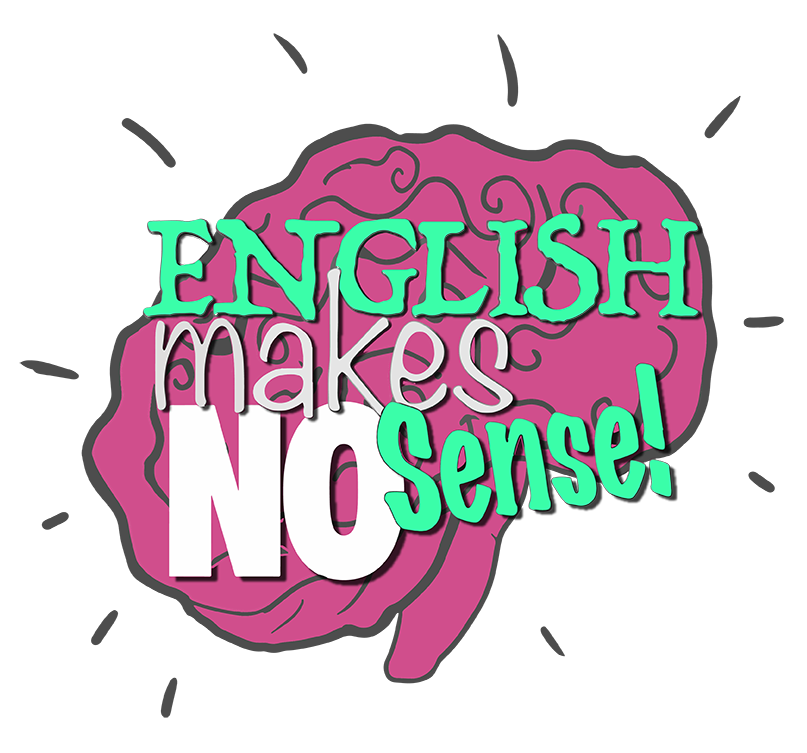I know the Olympics are over. I was on vacation for the whole time and missed it all. Though I did see the opening ceremonies. Well, a bit of the ceremonies, if I am honest. However, before the Olympics I thought about idioms that may have something to do with the Olympics and competition soI created a podcast episode about it. Unfortunately, the podcast had gllitches and was posted after the Olympics. Oh well, I thought I would share these idioms anyway, because you can use them in everyday life. So let’s learn them shall we?

Jump the Gun
Our first idiom is “jump the gun.” This phrase comes from track and field events where athletes might start running before the starting gun is fired. If someone “jumps the gun,” it means they start something too early or prematurely.
Example Sentence: During the swimming finals, the commentator said one of the swimmers jumped the gun and had to be disqualified. In everyday life, you might hear, “I think we jumped the gun by launching the product before it was fully tested.”

Off to the Races
Next up is “off to the races.” This idiom is used when something begins very quickly and energetically. It’s often used to describe the start of a competition or a project.
Example Sentence: When the opening ceremony ended, the athletes were off to the races, ready to compete for their countries. You could also say, “As soon as the meeting ended, we were off to the races with our new project.”
You may here someone say, “Once we knew what the expectations were, we were off to the races!
Neck and Neck
Our third idiom is “neck and neck.” This phrase is used when two competitors or teams are very close in a race or competition, with no clear leader.
Example Sentence: The race between the two runners was neck and neck until the very last moment. In a different context, you might hear, “The two companies have been neck and neck in the market for years.”
If a competition is very close you can say, “It was neck and neck.“

Sink or Swim
The idiom “sink or swim” describes a situation where someone must succeed through their own efforts, without any help. It’s often used when someone is thrown into a challenging situation and must either succeed or fail.
Example Sentence: The new gymnast had to sink or swim during her first international competition. In everyday use, you might say, “When I started my new job, it was sink or swim because there was no formal training.”
Sometimes when you are left to sink or swim, you learn at a much quicker pace. What do you think?

Next up we have Raise the Bar:
Raise the Bar
“Raise the bar” means to set a higher standard or level of quality. This idiom comes from high jump and pole vault events, where the bar is literally raised higher for each round.
Example Sentence: The new world record in the marathon has certainly raised the bar for future athletes. In another context, you might hear, “The latest smartphone has raised the bar for all other manufacturers.”
Many people raise the bar on their goals so they can push themselves. Do you like to raise the bar on something? Or maybe you don’t have to because you are always “On top of your game.” Yep, that is our next idiom!
On Top of One’s Game
“On top of one’s game” means to perform at the highest level of one’s ability. Athletes and professionals often use this idiom to describe peak performance.
Example Sentence: The gymnast was on top of her game, earning perfect scores from all the judges. You could also say, “Our team is on top of its game with this new project.” I try to be on top of my game when coming up with ideas for making videos. When are you, on top of your game?
Maybe in order to be on top of your game, you need to be in the zone! Not sure what that means, keep reading friend.

In the Zone
Finally, we have “in the zone.” This idiom describes a state of intense concentration and focus where someone performs exceptionally well. Athletes often say they are “in the zone” when they are performing at their best.
Example Sentence: The basketball player was in the zone, scoring point after point without missing. In a different setting, you might say, “When I’m writing, I need quiet to get in the zone.”
I love when I am in the zone on any project or task. How about you?
And there you have it! Seven idioms that are not only perfect for understanding Olympic commentary but also great for everyday conversations. Remember, using idioms can make your English sound more natural and fluent.
If you would like to see the video for the podcast regarding these idioms, click here:








